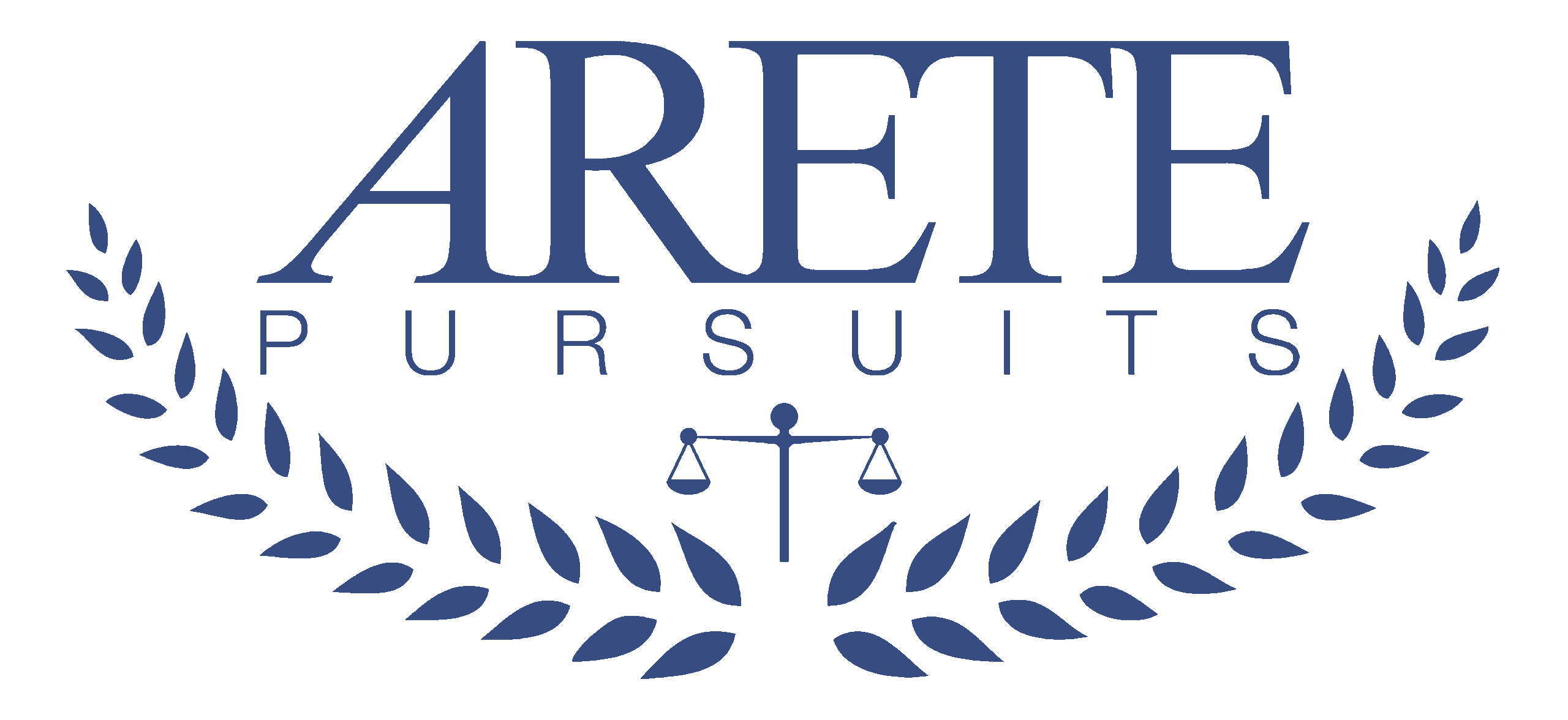When I teach the framework for effective requests as a tool to improve delegation, one component that inevitably generates discussion is the shared background of obviousness (which I’ll abbreviate as SBO for convenience’s sake). Today, we’ll unpack this concept. Understanding the SBO can improve your empathy for others, especially when communication issues abound.
What is the SBO?
Considering the SBO can aid you in effective communication. For the subject in question, there is everything that you know about the subject. What is obvious to you? There is also everything the other person knows about the subject. What is obvious to them? Finally, there is the intersection of the two – what you and the other person both know about the subject. That overlap is the shared background of obviousness.
That may seem obvious, and you may wonder why this is important. All too often, when we communicate, we only consider what is obvious to us. We explain our request without considering the other person’s perspective. We don’t consider whether or not they know what we know. When we don’t consider the SBO, we may omit details in the request that are obvious to us and not to the other person. If they don’t have the courage to ask questions and clarify your request, we won’t get the desired results. We hold the person accountable for missing a detail we didn’t spell out because we incorrectly assumed that detail was obvious.
Some SBO Examples
One of my favorite examples of SBO is our use of acronyms. What if I had titled this post “SBO?” You would have had no idea what I was talking about. The acronym does not live in our shared background of obviousness.
I see this routinely in technology organizations. We love our acronyms. They allow us to speak and write more efficiently. When we hired someone new at my last company, the acronym soup left their head spinning for the first month. In meetings, most people let the acronyms fly without considering that this new employee had no clue what they were talking about. I always ensured a new hire in my organization had a “buddy,” whose job was to help them get up to speed and give them a safe space to ask questions. As a buddy, I often slacked acronym definitions to help them keep up.
When I started blogging, I had a friend review my draft posts and provide feedback. I was surprised to realize how many business acronyms I considered in the SBO, which she helped me realize I needed to spell out – terms like ROI (return on investment) and KPI (key process indicator). I’ve learned that any acronym should be spelled out the first time you use it.
In exploring the SBO with one of my clients, he recalled his relationship with his former boss. They had worked together for years, and often, they would present to clients, with the boss doing the talking and my client demonstrating the software. They reached a point where he could anticipate where his boss would go next, and often, his boss would ask him to pull up a screen in the software, and he already had it up—their years of shared experience had created a large SBO in this context.
Leveraging the SBO
Understanding the importance of the SBO, what can we do to take advantage of this knowledge?
To begin with, when preparing for a meaningful conversation, one where you want to be sure your communication is clear, take time to consider the listener’s perspective. What is obvious to you which may not be obvious to them? If Joe has generated the TPS reports for you for the past five years, and you need them a day early, there’s a large SBO. You can simply ask Joe to get you the TPS reports on Thursday. If Joe is on vacation on Thursday, and you need Henry to generate them, and he has never done so before, the SBO is small. You will need a more detailed conversation with Henry if you want him to generate the TPS reports successfully.
Create a safe space for the listener to ask clarifying questions if they don’t understand. Explain the SBO concept to them, and acknowledge you may think something is obvious when it isn’t. When you finish explaining something, point out there are likely things obvious to you that are not obvious to them, and ask them what questions they have.
When there is a mismatch in the SBO, it can surprise us. You may get questions that sound like “stupid” questions because you think the answer is obvious. If your response is something like “Isn’t it obvious?” you’re creating an environment discouraging future questions. Thank them for caring enough to ask the clarifying question and being grateful for the opportunity to improve your awareness of the SBO (or lack thereof).
Increasing the SBO with an employee gives you a greater ability to delegate. Remember my client who could anticipate what screen his boss wanted to speak about before he even said it? The employee who seems able to read your mind. The one who you know will ask questions if they aren’t sure. These relationships take time to develop. You must regularly invest in mentoring and coaching to grow the SBO with the employee.
Putting It Into Practice
Consider a meaningful relationship. This could be a colleague, partner, family member, or friend.
- In what areas do you think you’ve been misreading the SBO between the two of you?
- Plan out a future conversation, thinking deliberately about the SBO to ensure clear communication.
- Take care to create an environment that encourages questions when the SBO is unclear.
I am an Executive Coach and Life Coach with software executive roots in Higher Ed and EdTech. I coach because I love to help others accelerate their growth as leaders and humans. I frequently write about #management, #leadership, #coaching, #neuroscience, and #arete.
If you would like to learn more, schedule time with me.
Want to comment? Join the conversation on LinkedIn.

